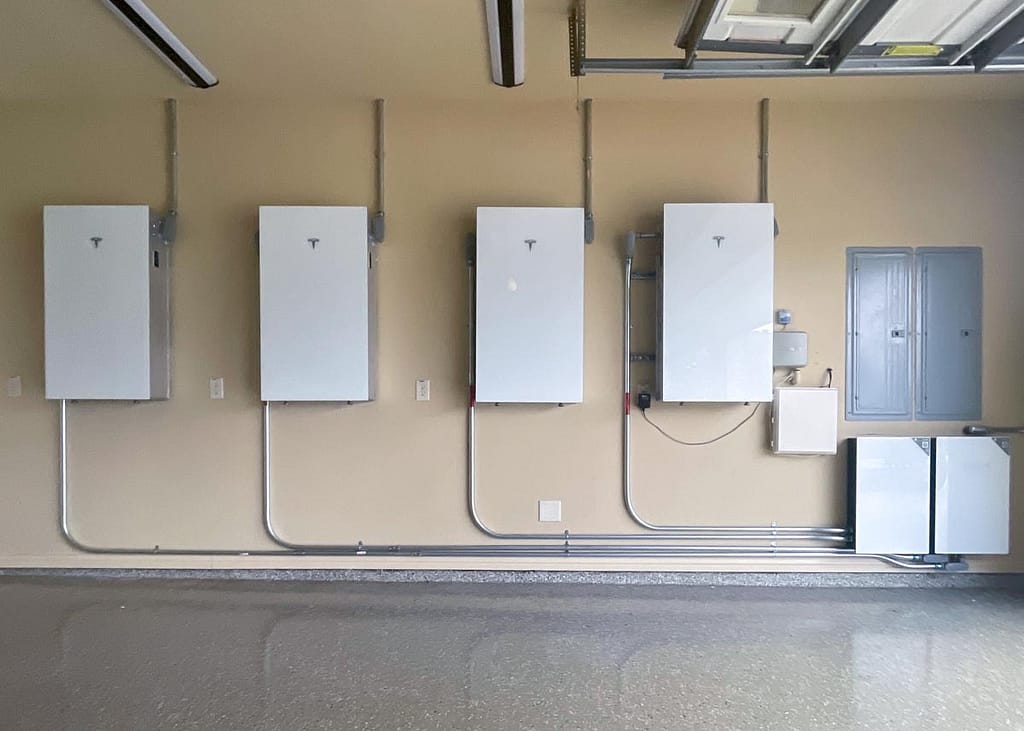As more homeowners consider solar energy, finding the best-reviewed Texas solar company becomes crucial for ensuring a seamless transition to renewable energy. This guide aims to demystify common concerns and questions about solar power, from understanding your electric bill to choosing the right solar plan.
How Do I Read My Electric Bill?
Electric bills can be perplexing due to varying rate structures and policies among electric retail companies. When you sign up for an electric plan, you receive an Electricity Facts Label (EFL). The EFL breaks down the costs of electricity, including base energy costs, monthly fees, demand charges, service charges, and taxes. These costs are often jumbled together on your bill, making them hard to differentiate. The EFL clarifies your base kWh (kilowatt-hour) rate and outlines the buy vs. sell rate if you choose a solar buyback net-metering plan.
Power vs. Energy: Understanding the Difference
Understanding the difference between power and energy is crucial, especially if you own a solar system.
Power is the instantaneous wattage output at any given time. For example, if your system produces 5kW, it means it is generating 5,000 watts of power at that moment. If a cloud passes over the solar panels, this output might drop to 2kW or 2,000 watts.
Energy is the total amount of power generated over time, measured in kilowatt-hours (kWh). If your system outputs 5kW for one hour, it produces 5 kWh of energy.
How Do I Know the Solar Company Did a Good Job?
When you sign up for solar, the company will set expectations for the system’s annual energy output. The system size, indicated in kilowatts (kW), reflects the maximum potential output. To evaluate the solar company’s performance, compare the actual annual energy production to the projected kWh.
In summer, a well-designed system should output 80-90% of its maximum capacity. For example, a 13kW system producing 10kW is typical. In winter, output may drop to 50-60%, but a good company accounts for this seasonal variation. The true test is whether the system meets the annual energy production expectations.

How to Compare and Analyze Solar Quotes
To find the best-reviewed solar company, gather multiple quotes. Each company offers different products and services, so compare the total system size, projected annual energy production, services, and warranties. Some companies might offer lower prices but lack post-installation services or use lower-quality equipment. At GFE, customers receive top-quality solar services and products with industry-leading warranties.
Do I Have to Purchase Batteries When Going Solar?
No, but it is highly recommended. Batteries store excess solar energy for use during grid outages or to offset daily consumption. Without batteries, solar panels cannot operate “off-grid” during outages, as excess energy cannot be fed back into the grid for safety reasons.

Solar Buyback Net-Metering
Solar buyback net-metering plans allow you to earn bill credits for excess energy sent to the grid, lowering overall electric bills and improving ROI. Learn more about Texas’ solar buyback programs: How Solar Net Metering Buyback Works in Texas & Net Metering in Texas: Understanding the Basics.
How Do I Get My Electric Bill to $0?
Maximize energy efficiency with solar-battery technology and a smart panel like SPAN. Strategic use of the system and an applicable net-metering plan can reduce your electric bill to zero.
What Plan Do I Choose After Going Solar?
The best plan depends on your location, system type, and energy profile. Consult with our Solar Professionals for personalized recommendations.
Solar Warranties
Solar panel manufacturers typically offer 25-year warranties covering energy production efficiency. Panels degrade over time, and warranties account for this loss.
What Is the Life Expectancy of Solar Systems and Batteries?
Battery systems like Tesla Powerwall and FranklinWH can last over 10 years, depending on usage. The fewer energy cycles a battery goes through, the longer its life expectancy.